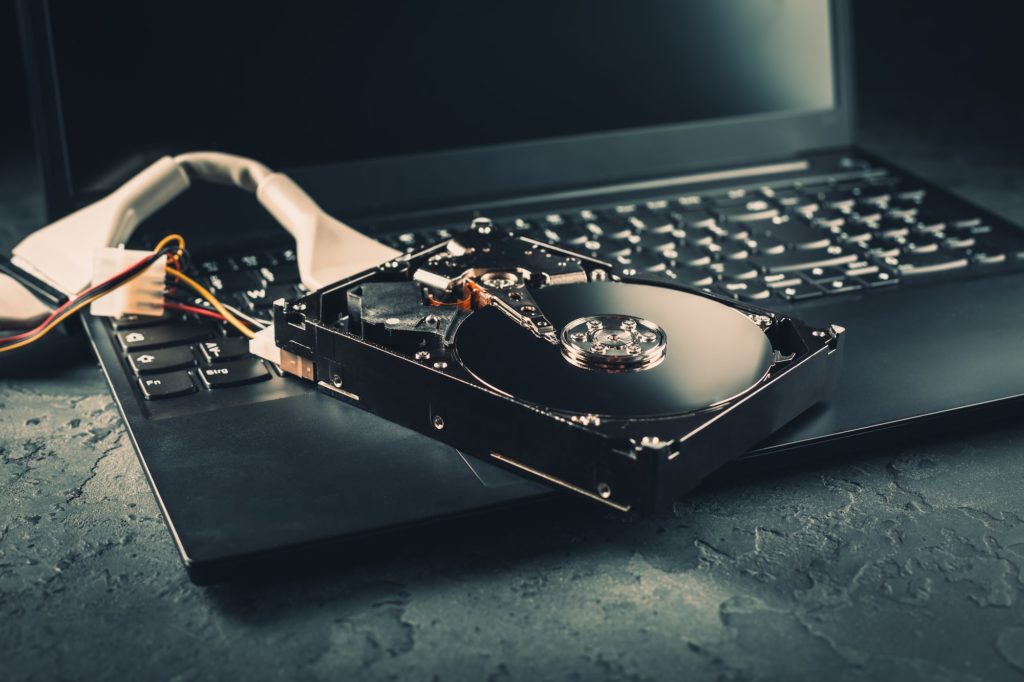The Best Upgrade for Your Computer without Breaking the Bank
Hard drives are one of the most common storage devices used in computers. They store data on spinning disks inside a protective enclosure.
They come in two types: traditional magnetic disk drives (HDDs) and solid-state drives (SSDs). HDDs are slower and larger than SSDs, but they do cost less.
So, if you’re considering upgrading your computer’s hard drive, here are five reasons to go with an SSD instead of an HDD.
#1. Faster Performance
HDD performance has improved significantly since its introduction, but SSDs still outperform.
An average SSD can read and write data 10 times faster than an average HDD. This means you can open files and save them much faster.
#2. Better Reliability
HDDs fail far more often than SSDs. If you have a laptop, the hard drive will eventually die.
This isn’t necessarily bad news, however. An SSD lasts longer than an HDD, so replacing a failed HDD with an SSD is your best option.
#3. Less Heat
HDDs generate heat, which affects the lifespan of the device. SSDs don’t produce any heat, so they last longer.
#4. Smaller Size
HDDs are bigger than SSDs. They’re usually between 3 and 7 inches wide. SSDs are smaller, typically 1 inch wide.
#5. The cost for SSD Storage Space Is Lower Today
HDDs are usually less expensive compared to SSDs.
That said, SSD prices continue to drop, so you may pay less today for an SSD than before.
In conclusion, SSDs offer better performance, reliability, size, and speed than HDDs. So give an SSD a shot if you’re considering upgrading your computer’s hard disk.

Additional Info on SSDs
The latest generation of SSDs has a smaller memory-stick-like profile and even better performance than earlier models of SSDs. First, you will have to determine if the motherboard of your desktop computer or laptop will support an NVMe drive. If it can, here is a list of applications that will benefit from an NVMe drive and an SSD.
• Online backups
• High-performance computing
• Virtual machines
• Cloud storage
• Data Analytics
• Video editing
To determine if your computer can use an NVMe drive, you’ll need to check your computer’s BIOS. Many newer computers will have an option to enable or disable NVMe drives in the BIOS, so you’ll need to check there first. If you don’t see an option for NVMe in the BIOS, your computer isn’t compatible with NVMe drives.
The next step is to check and see if your computer has an M.2 slot. This is the slot that an NVMe drive would fit into on the motherboard. If you don’t have an M.2 slot, then you can’t use an NVMe drive.
If you have an M.2 slot, the next step is to check and see what kind of interface the slot uses and buy the appropriate NVMe drive.
Spinning disk technology has been around since the 1980s, but NVMe drives are much faster than spinning disks. This means you can store more data and access it quickly.
With NVMe drives, you can read and write files up to 10x faster than traditional spinning disks. And it doesn’t stop there! In addition, NVMe drives can handle multiple concurrent I/O operations, which means you can perform tasks simultaneously without slowing down the system.
No special tools are required! All you need to do is plug it in and power it up.
Most NVMe drives are priced between $120 and $200 per terabyte. That price point is perfect for small businesses and individuals. You can easily afford to purchase several NVMe drives to expand your storage needs.
It’s worth noting that NVMe drives are still relatively expensive compared to SSDs, but the price difference isn’t huge.
NVMe drives are the fastest and most efficient storage solution available.
Unless your computer tasks involve video editing, high-end game playing, or CPU-intensive tasks, upgrading an older computer with an SSD is close to buying a new computer.
In addition to the newsletter, I podcast on my site https://gregdoig.com/techbrewed
Thank you for reading, I greatly appreciate your time and effort!